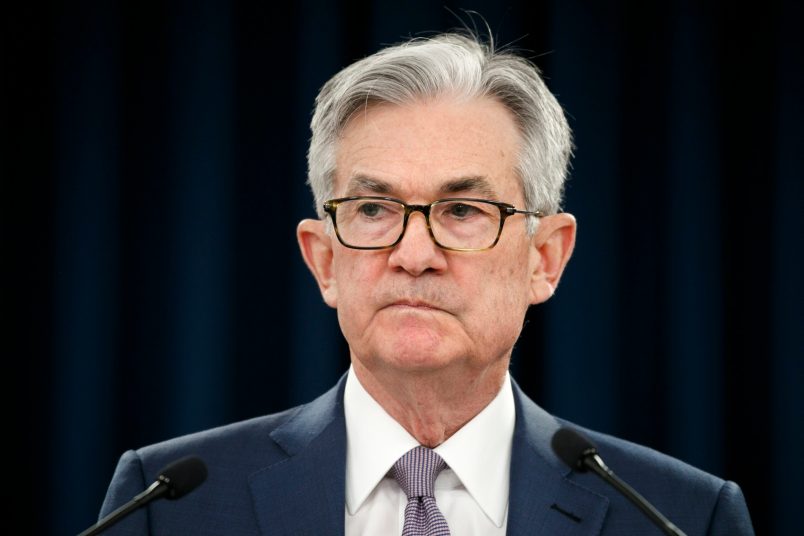Pressure has mounted on the Federal Reserve since Silicon Valley Bank collapsed last week.
This has been the function of a few things: advocates who want to see more scrutiny applied to the central bank, suggestions that the agency failed in its supervisory role at SVB and other lenders, and an ongoing debate over whether decisions the Fed made in 2019 to deregulate midsized banks contributed to the collapse.
Part of the questions around supervision come down to the ways in which the Fed did or did not make use of the tools that it has available to scrutinize banks from within before they collapse. But a report on Friday from Bloomberg suggests that supervisors were aware of mounting problems at the bank before it collapsed.
Per Bloomberg, SVB received several notices from supervisors at the Fed warning it of a key problem on its balance sheet — unhedged interest rate risk.
It’s that risk which, analysts say, contributed to the blowup last week, and which created a vulnerability that helped spark a run on the bank that saw a whopping $42 billion in deposits leave in the course of a day.
One recently retired federal reserve supervisor explained to TPM this week how the system works.
Supervisors can send a notice called a Matter Requiring Attention (MRA), which notifies bank management of a problem.
More serious is a Matter Requiring Immediate Attention (MRIA), which demands a fix within a set period of time.
“MRIAs are viewed as real problems,” the former supervisor, who spoke on condition of anonymity, told TPM.
From there, supervisors can escalate if the bank refuses to take action — all the way up to a cease and desist order, which would be made public. But MRAs and MRIAs almost never see the light of day.
Bloomberg reported that SVB faced a “stack” of both MRAs and MRIAs, suggesting that supervisors were cottoning on to the problem.
It’s not clear what the emphasis was, however.
“Did they express concern? Did they express it strongly?” the retired supervisor asked in an interview before the Bloomberg story was published.
Per Bloomberg, the notices were sent relatively late into the banks’ ill-fated growth trajectory.
The report comes amid other questions about the role of senior Fed officials in examining the causes of the collapse.
The American Prospect reported on Friday that Fed chair Jay Powell pushed to exclude any mention of the Fed’s role in bank supervision, regulation, and accountability as the Biden administration sought to release statements last weekend addressing the collapse.
Powell did instruct Fed Vice Chair for Supervision Michael Barr to conduct a six-week review into the Fed’s oversight of SVB before the collapse.







Ever notice that whenever there is a problem, be it the water in Flint or Jacksonville, a train derailment or bank failure the first thing those who call for federal deregulation and do everything they can to weaken regulation and the federal government’s agencies responsible for enforcing regulation do is blame the federal government for not enforcing regulations.
One last comment about Republican explanation about SVB’s failure.
“For what it’s worth, no, S.V.B. didn’t stand out from other banks in its concern for diversity, the environment and so on. And banks have been going bust for centuries, since long before H.R. departments began including boilerplate language about social responsibility in their mission statements. So the talk about wokeness tells us nothing about bank failures — but a lot about the intellectual and moral bankruptcy of the modern American right.” Paul Krugman
So, if it hadn’t been regulated at all, the industry would have done so much better if left to its own devices, eh?
Invisible hand donchaknow?
Of course they fucking do. And the mindless media morons then chase down the “he said/she said” story their manufactured outrage has created and we never ever talk about the fucking deregulation or who rammed it through in the first fucking place. It’s like the government and the media are run by fucking golden retrievers who chase after every squirrel and shiny hubcap.
We are fucked because we choose to be stupid. period.
I believe that invisible hand is much like the emperor’s clothes.